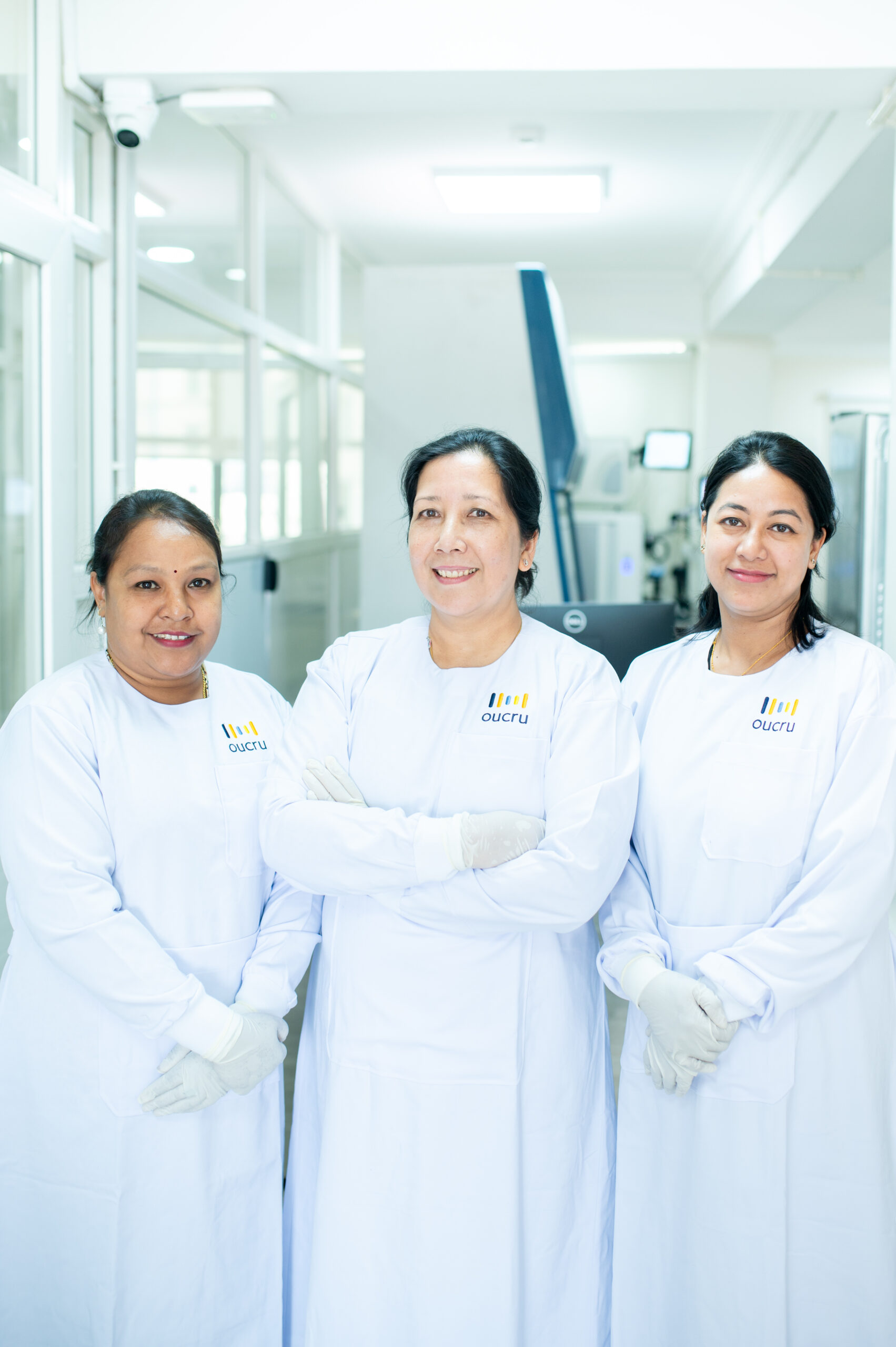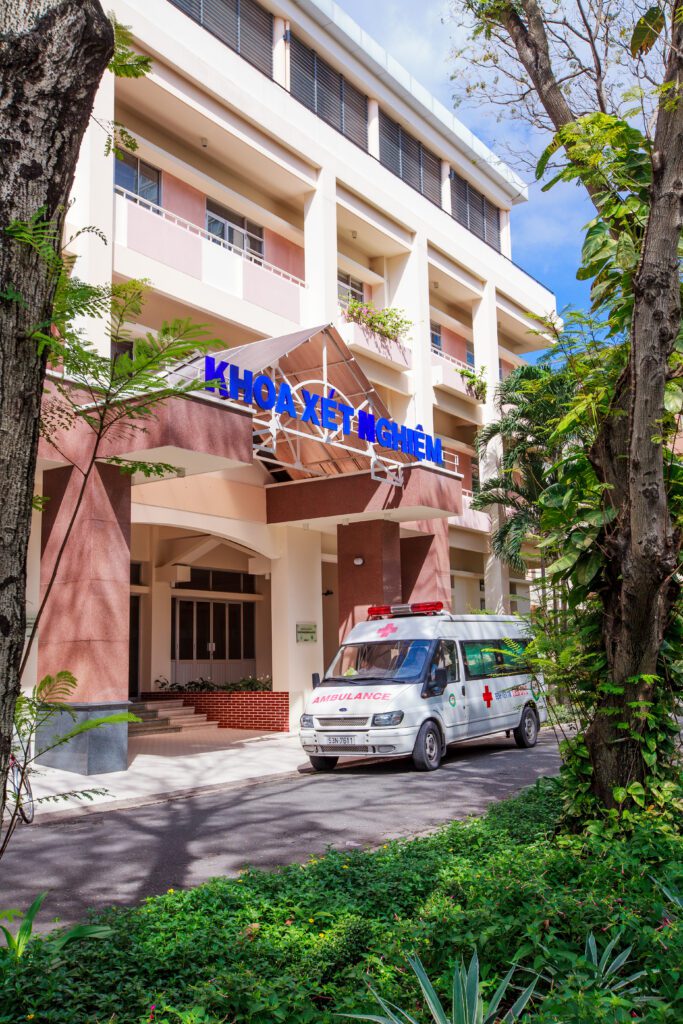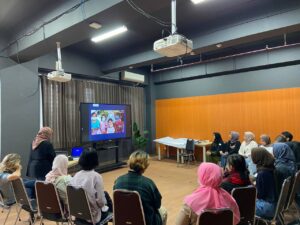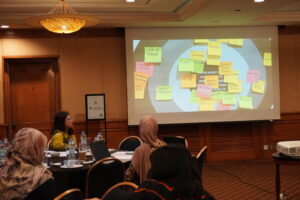Local research, Global impact
OUCRU is a locally-driven research programme on infectious diseases in Southeast Asia with local, regional and global impact on health.

ABOUT US
Locally-driven research programme with global impact on health
The Oxford University Clinical Research Unit (OUCRU) is a large-scale clinical and public health research unit with site offices in Viet Nam, Indonesia, and Nepal.
OUR ACHIEVEMENTS
What We Accomplish Through The Years
Clinical Trials Completed
100
Publications
2000
Local Partnerships
+
50
PhD Graduates
100
ARTICLES
Latest News
STUDY AT OUCRU
PhD Programme
OUCRU’s PhD opportunities allow you to work on highly impactful research projects on the computer, in the lab, in the clinic and/or in the community.
WE ARE SOCIAL










